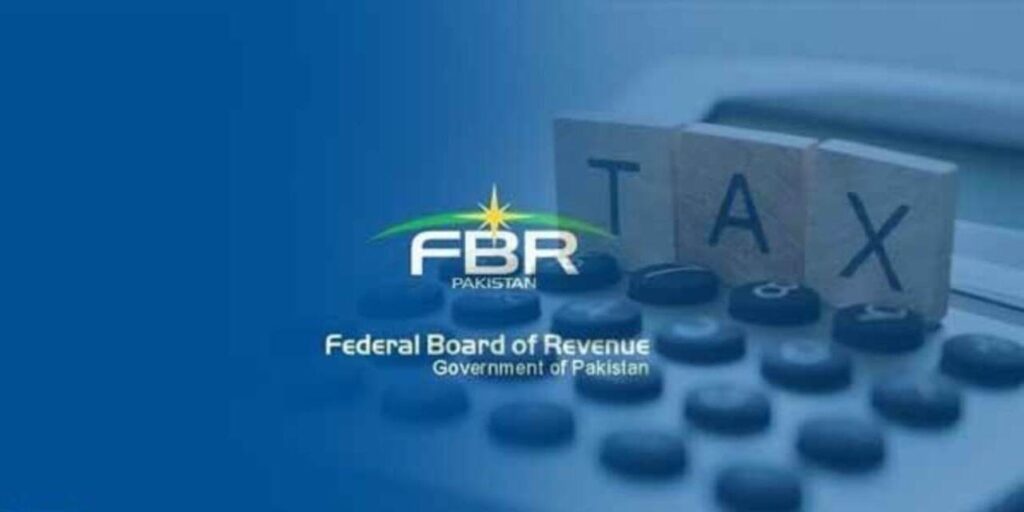- Web
- Feb 05, 2026
Non-filers face disconnection of electricity, gas connections, blocking of mobile SIMs
-

- Web Desk
- Nov 17, 2023

By Shahzad Paracha
ISLAMABAD: In a sweeping move to enhance tax collection and broaden the tax base, the Federal Board of Revenue (FBR) has announced the establishment of 145 District Tax Offices.
This strategic restructuring aims to bring 1.5 to 2 million new taxpayers into the fold by June 2024, aligning with the government’s commitment to fortify revenue streams.
The significance of bolstering revenue and increasing the number of tax filers was underscored by the prime minister during recent high-level meetings. The FBR’s latest initiative aligns with this directive and seeks to elevate the tax-to-GDP ratio to a desired level, which is currently among the lowest in the world.
Key Features of the New Initiative
The newly established District Tax Offices will be helmed by dedicated District Tax Officers, tasked with enforcing Income Tax Returns from non-filers and stopping filers. This strategic move marks a pivotal moment in tax administration, as it is geared toward addressing a critical tax gap and encompassing all potential taxpayers within the taxation framework.
Utilizing Third-Party Data for Enhanced Oversight
To fortify the reach of these offices, Inland Revenue Officers in BS-17/18 will leverage third-party data from various departments and agencies. This critical information will shed light on the investment in assets and significant expenditures incurred by potential taxpayers who have thus far eluded the taxation system.
Enforcement through Legislation
The FBR will wield recently introduced legislation, including section 114B in the Income Tax Ordinance, 2001. This provision empowers the department to take stringent measures, including disconnecting utility connections and blocking mobile sims, if tax returns are not filed in response to issued notices.
Government Commitment and Collaboration
Underlining their commitment to supporting the FBR, the federal government is introducing a new Documentation Law. This legislation will obligate agencies and departments to furnish data to the FBR through an automated common transmission system. Collaboration with the National Database and Registration Authority (NADRA) is also underway, with Chairman NADRA pledging assistance for tax base expansion through data integration.
Strengthening Capacity and Facilitating Taxpayers
Beyond enforcement, this initiative aims to fortify the FBR’s capacity to enforce tax laws while simultaneously facilitating taxpayers. The establishment of dedicated offices is envisioned to streamline the filing process and encourage increased compliance with tax regulations.




